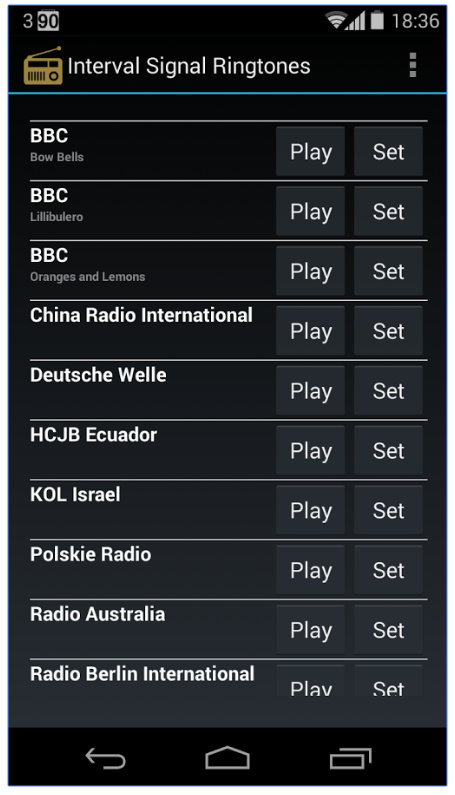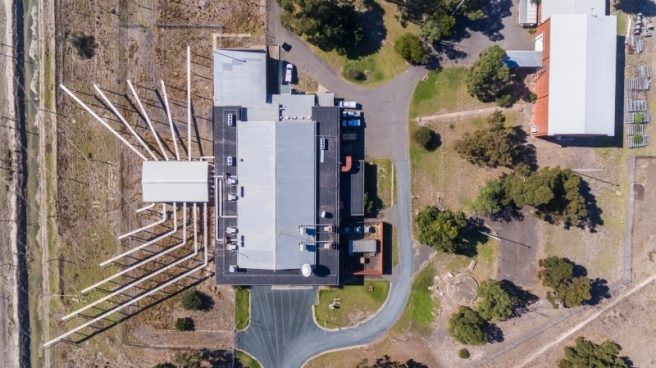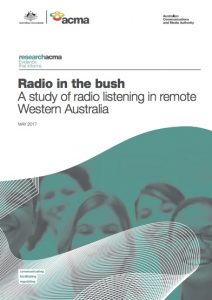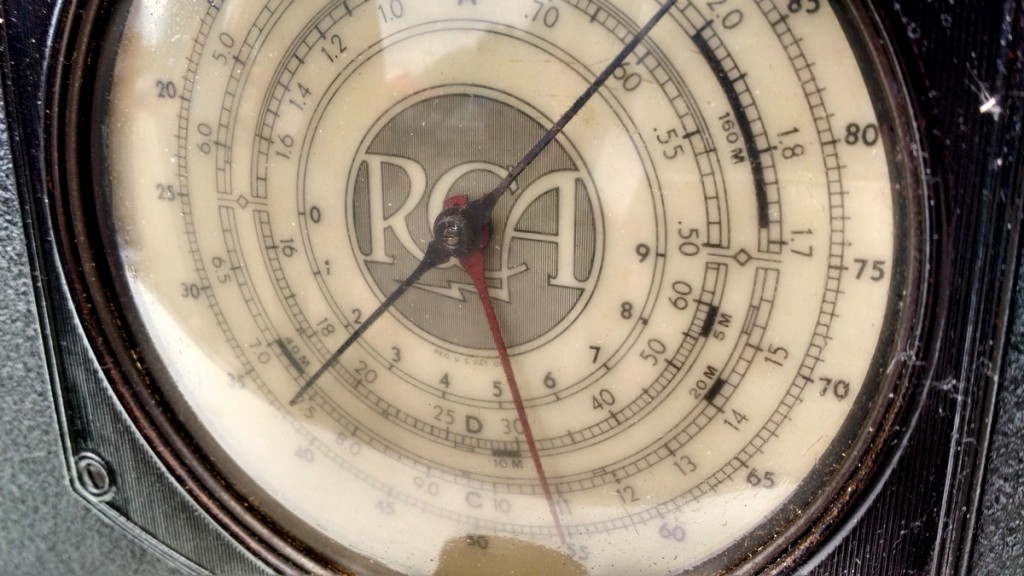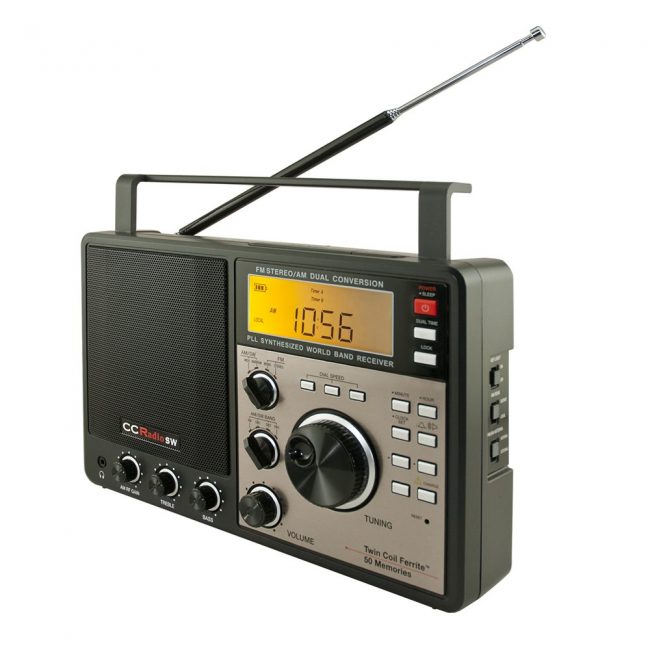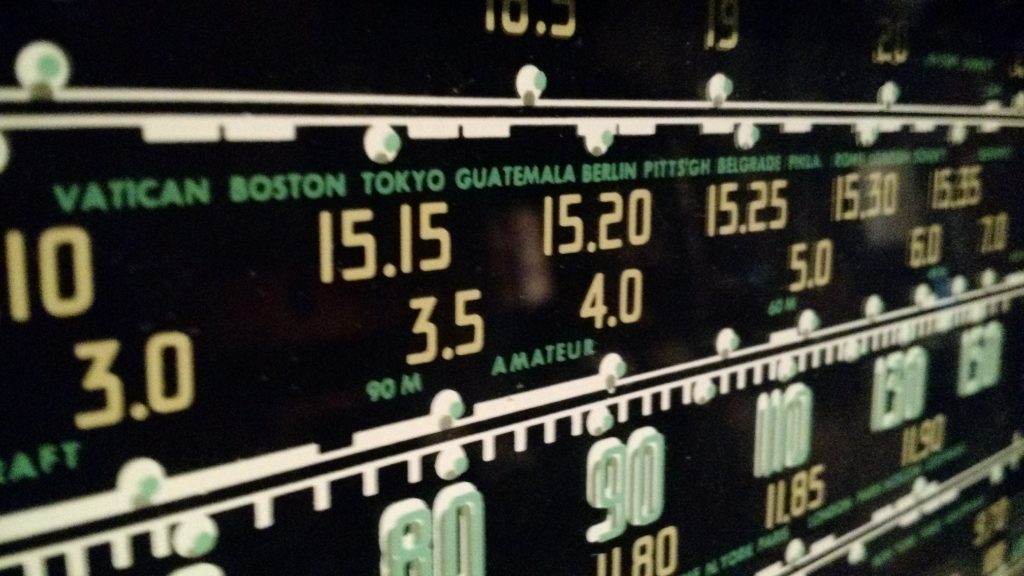If you lose power at just the right time, it can enrichen your life
This is being written last Monday night.
Several hours after the storms of earlier in the day passed, the sun shining, the birds singing, and all apparently right with the world, the electricity went out. Because there is no cellular telephone service in my part of the county, this necessitated a drive much of the way to Athens to register a report with the power company. The power company’s outage report line is the first entry in my cellular phonebook.
[…]The evening was (and as I write this, is) cool, with a bit of wind passing through the open windows, so there was no panic, as there is when the power disappears in the dead of winter or in the 100-degree summer – both of which I have experienced. But there was no fire to build, no need to think of a reason to drive to town for a few hours in some place air-conditioned.
Instead, I remembered that just a few days ago I had pushed the battery-charge button on one of a couple shortwave radios I have around here, this one a decade-old C. Crane CC Radio SW. It has a big speaker and a pleasant sound, though it’s not the sort of radio you get to dig faint signals out of the mud. It is just right for such an evening as this. So I brought it to the living room, extended its built-in antenna, and fired it up.
Shortwave radio is like Forest Gump’s mama’s box of chocolates, and that’s part of its appeal. Poking around the dial I find some Ohio shortwave amateurs putting on a bit of a panel show, passing the mic metaphorically from one to another. Because they are shortwave amateurs, all they talk about was their shortwave equipment.
The power is out all over the neighborhood, so there is not a single static scratch, no 60-Hz whine of interference. And the ionosphere seems stable, no fading in and out of signals.
Heading up the dial, I find a station in accented but easily understood English. I have to listen for a while before I learn that I am listening to Radio Romania International. That broadcast ended, so I retune and find a cranky man and a cranky woman who are discussing how awful things are and how the only thing you can count on is gold.
Moving along, I find an impassioned man with a deep Southern accent. He, too, is discussing how awful things are – and how they soon will be especially awful for those who put their trust in gold or other things of this world.
There is a broadcast from somewhere – from the accents I’d guess the Caribbean or Africa – that features a man and woman talking spiritedly and sweetly about English idioms.
Now I’m listening to the Argentine national shortwave service, which had a talk program in English though they’ve switched to Argentine music.
[…]I do hope the power comes back. Just not tonight. Tomorrow, maybe. Or the next day.
(Note: Just as I set this to email itself eventually to the Athens NEWS, minutes after I was done writing, the power came back on. And it really was a little disappointing.)
Read this full story via The Athens News online…

